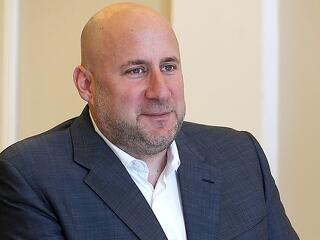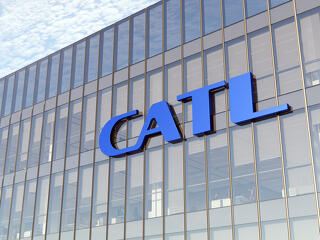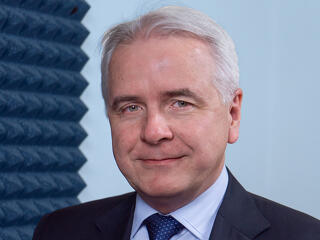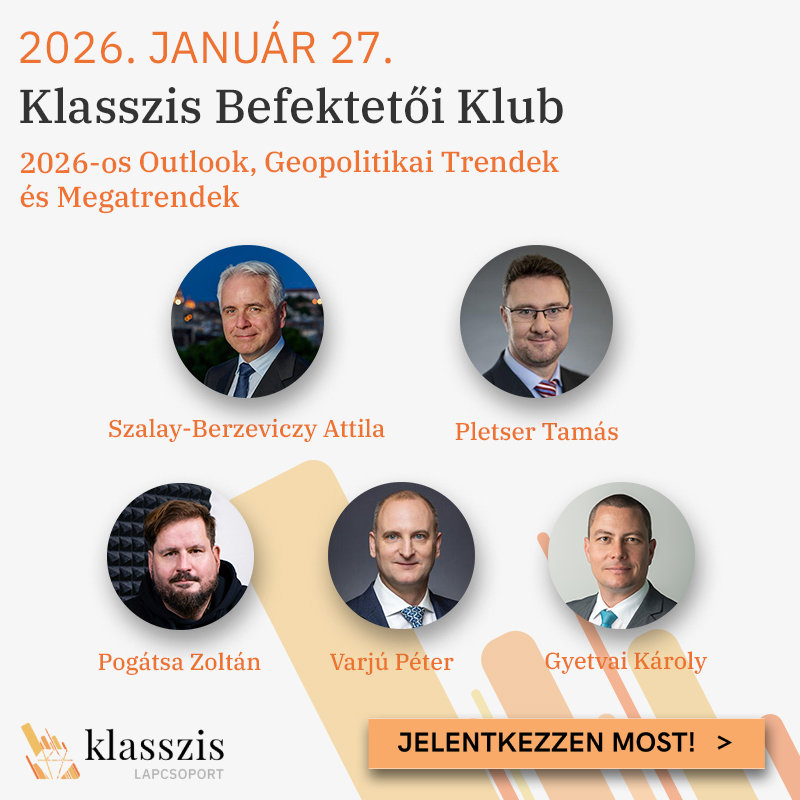
Behavioral economics identifies overconfidence as follows: the market player makes the mistake of being overconfident if he overestimates his skills and the precision of his decisions and underestimates the probability of making wrong decisions. A survey of automobile drivers is often referenced. 80-90% of the drivers consider themselves to be a better driver than the average. This "I am better than the average" behavior may result in them driving in a braver or more fearless way than is appropriate to their driving skills.
Financial theoretical, empirical and experimental research confirms that the overconfidence affects chief financial officers (CFOs) also. Financial decisions can be divided into investment and financing decisions. In this article we will deal mainly with investments.
Theoretically, overconfidence should lead to an increase in the number of investments and the amount invested. Empirical research findings confirm that overconfident CFOs follow more intensive investment policies than others. Since the overconfident CFO overestimates the number of acceptable choices and invests in some projects with negative expected net present value (NPV<0), the average anticipated profit of the resulting projects will be relatively low. Losses arising from this non-rational behavior, called behavioral costs in BCF, are borne by the shareholders, so shareholder value decreases.
Launching a newly developed product onto a new market plays a significant role in the strategic decisions of the company. Tests show that CEOs (naturally together with the CFO) tend to enter a market, even though a negative net present value is "guaranteed" to the majority of the entrants. It is also suggested by empirical research and case studies that in case of projects, cash flows are generally overestimated and their variability (standard deviation) is usually underestimated. It can serve as a warning that, in scenario analysis, even the pessimistic estimates of cash flows may be higher than those experienced subsequently. Many online businesses failed because they overestimated the number of "clicks" (and accordingly the revenue) by orders of magnitude! Another problem is that the CEOs are unable to learn from their wrong investment decisions because the decisions are complex, have long-term effects, and can only be compared to other projects with difficulty. These factors decrease the Feedback to the CFO, preventing an increase in the efficiency of the decision making process.
From financial analysis related to mergers and acquisitions (M&A) it can be concluded that in many cases there are "false positive" investment decisions. Some data from related research: an average acquiring company loses 3,8 % of its value, 17,5 % of the acquired companies lose more than 5 % from their value and only 11% of companies increase their share price in the medium-term. Despite this, the number of M&As increases, which is explained by BCF and the overconfidence and the "hubris" (overweening pride) mentality of the CEOs. The more overconfident a chief officer is, the more dubious are the "synergetic projects" he undertakes. The shareholders of the acquiring companies lose as a result of M&A projects in general, but the shareholders of the target company profit due to the premium they receive. This example shows that a decision resulting from a non-rational choice can be value increasing for certain participants of the market.
A rational CFO makes the given investment decision using all possible information at his disposal. As we have seen earlier, decisions are not made in this way and therefore they may decrease value. However, there is a new path of research (still in its initial stage) from which we can draw a conclusion that such a behavior may have a value-increasing effect. Namely that the above mentioned rational CFO delays the project, he is reluctant to grasp a business opportunity in time, and thus there is a danger that due to delay the profit of the potential business decreases. The moderately overconfident CFO makes his decisions more quickly and in a shorter time, which can have a positive effect on the shareholder value. Another conclusion is that a moderately overconfident CFO need not be compensated that much with managerial stock options in order to align his incentives with the goal of shareholder wealth maximization.
The more free cash and liquid securities the company has, the greater the overconfident CFOs urge is to spend on investments. There is a related tendency observed by many studies: that in case of overconfidence the chief officers of the company do not return the money to the shareholders as dividends or stock-repurchases but prefer investments which do not always have positive NPV. This is a loss again resulting from non-rational behavior and it has a negative effect on shareholder value.
It is also evidenced that the CFO tends to be overactive in respect of the timing of security issues and raising capital. If we assume an efficient capital market - and let us do this because of the limited length of this article - then such decisions do not have an effect on the shareholder value. The results of an anonymous survey is thought-provoking in connection with the efficiency of the markets, in showing that two-thirds of the CFOs regarded the share of their company as undervalued while only 3% of them considered it overvalued. This happened a few months before the Internet bubble burst...
György Komáromi, Assistant Professor of Finance, Department of Finance, Economics and Quantitative Studies, CEU Business School


































